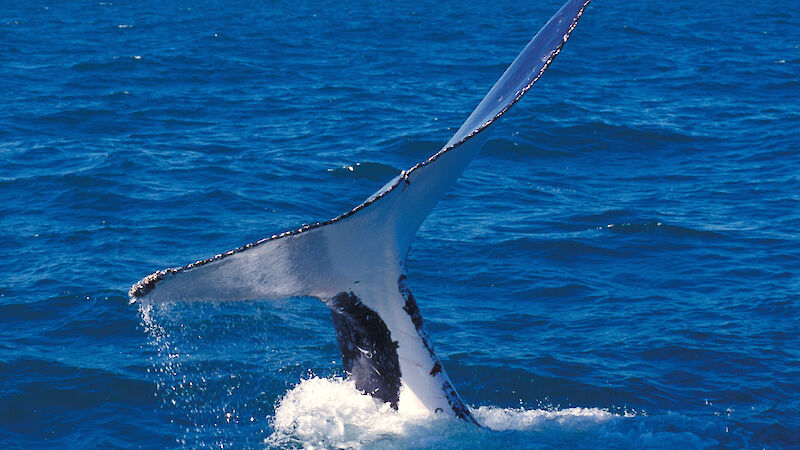Australia, together with Spain and 12 Latin American and Southern Hemisphere countries, has signed a declaration condemning so-called scientific whaling at an International Whaling Commission meeting in Buenos Aires this week.
The Minister for the Environment and Heritage, Senator Ian Campbell, said he was buoyed by the support of these countries for Australia’s tough stance against whaling.
“The six point declaration signed in Buenos Aires supports continuing the current moratorium on whaling, an end to special permit whaling for 'so-called’ scientific purposes and for the limiting of scientific research to non-lethal means,” Senator Campbell said.
“Australia was represented at that meeting by our International Whaling Commissioner, Howard Bamsey, in our continuing and unrelenting campaign of using diplomatic channels to build international support for our pro-conservation stance.
“Our determination to stop the unnecessary killing of these magnificent creatures when it has been proved there is no need to do so for science or any other reason is obviously gaining support around the world.
“I am particularly heartened by the Buenos Aires protest declaration which is evidence that other countries are prepared to also make a stand on this issue.”
In summary the Declaration makes clear there is strong support for:
- retention of the current moratorium on commercial whaling
- investigation of means of compliance with the International Convention for the Regulation of Whaling
- promotion of whale sanctuaries in the South Atlantic and South Pacific
- the termination of special permit whaling for so-called “scientific” purposes and limiting scientific research to non-lethal means
- promotion of wider participation of developing countries in the IWC, especially scientists
- the elimination of prolonged and cruel practices involved in the killing of whales that cause unnecessary suffering
- support for the Conservation Committee
- promotion in international bodies of active cooperation of Latin American and other Southern Hemisphere countries on cetacean conservation; and
- reassertion of the rights of coastal communities to benefit from the non-lethal use of cetaceans.

